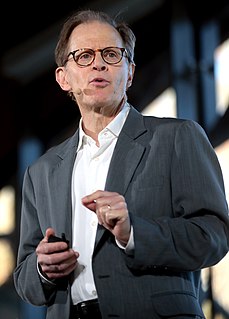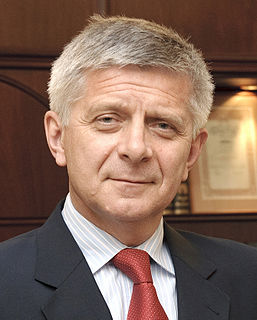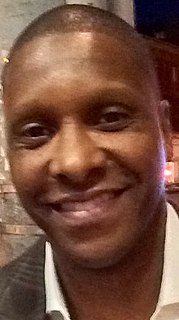A Quote by David D. Burns
Most mental health professionals, including clinicians and researchers, endorse the deficit theory. They're convinced that we wage war simply because we don't know how to make love. We desperately want loving, satisfying relationships but lack the skills we need to develop them.
Related Quotes
Most of the people who make decisions about global health are in the U.S. and Western Europe. There, the mental health care system is dominated by highly trained, expensive professionals in big hospitals, who often see patients over long periods of time. This simply can't be done in rural Africa or India. Who the hell can afford that kind of care?
One of the issues I think is very important, in many communities of color, there's a stigma about mental health. We find that the shaming that comes from acknowledging that one may have some issues that may relate to mental health, often people are not willing to go and seek additional help because of that shaming or that cultural stigma that's associated with it. And I think that we need to make this change in how people approach mental health.
We now know that the way to help a child develop optimally is to help create connections in her brain—her whole brain—that develop skills that lead to better relationships, better mental health, and more meaningful lives. You could call it brain sculpting, or brain nourishing, or brain building. Whatever phrase you prefer, the point is crucial, and thrilling: as a result of the words we use and the actions we take, children’s brains will actually change, and be built, as they undergo new experiences.
One thing I want to clarify - that every service member, veteran, wants us to remember - is that the vast majority of people returning from service come back completely healthy. But when we do come across someone who is struggling. We have to develop a culture of open arms and acceptance so that they feel comfortable saying, "I'm a veteran. And by the way, I need little help." This is something we need to do in this country around mental health as a whole - destigmatizing mental health.





































